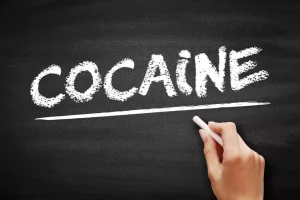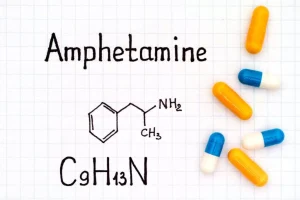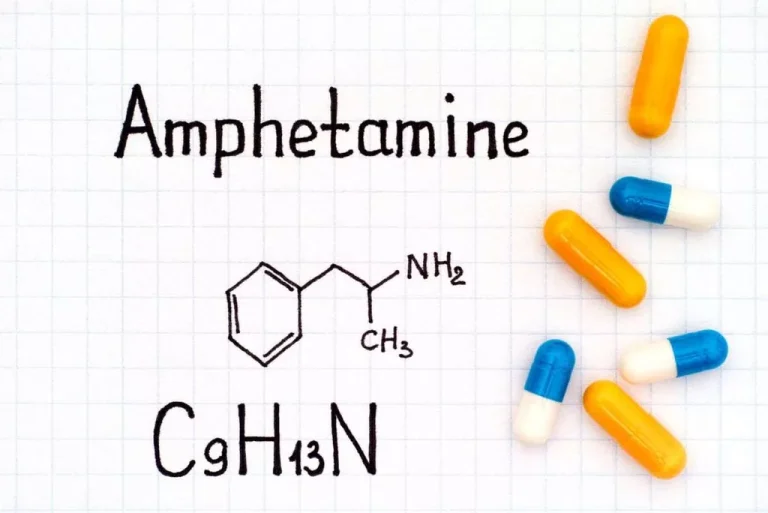
Alcohol withdrawal syndrome (AWS can cause a range of symptoms, from mild anxiety and fatigue to severe hallucinations and seizures. In extreme cases, it can be life threatening. Patients presenting with alcohol withdrawal syndrome should receive thiamine and folate supplementation as they are often nutritionally deficient. For mild alcohol withdrawal that’s not at risk of worsening, your provider may prescribe carbamazepine or gabapentin to help with symptoms. But treatment varies based on the severity of alcohol withdrawal and the likelihood that it could progress to severe or complicated withdrawal.
Who Is at Risk?
If you’ve been drinking for a while, you will probably be surprised by how much being sufficiently hydrated improves your health. Chronic dehydration can affect how you feel, how your skin looks, your hair quality and your overall well-being. By the first week after stopping alcohol, you will be more hydrated. The effects of being well-hydrated will continue to build, having more positive results as you continue sobriety. People who have severe withdrawal often need to go to the hospital. Your doctor can tell you what level of testing or treatment you need.
- It may be easier on your rehabilitation to skip visits with “drinking buddies” or avoid gatherings with a focus on drinking.
- Your health and wellness is unique to you, and the products and services we review may not be right for your circumstances.
- Taking care of your basic needs is a good way to avoid worsening your mental and physical symptoms.
Your Blood Pressure Will Decrease
- The syndrome typically presents as mild anxiety and gastrointestinal discomfort and can progress to severe manifestations, such as alcohol withdrawal delirium, which poses significant diagnostic and management challenges.
- If don’t have much of an appetite, you may want to take a multivitamin or drink a beverage high in electrolytes, such as a sports drink.
- Treatment options for alcohol withdrawal syndrome typically involve supportive care to ease the effect of the symptoms.
- Tap into your social network to help support you through alcohol withdrawal.
Talk to your family doctor to find out if this information applies to you and to get more information on this subject. Certain drugs and medications can change the structure and chemistry of your brain. Stress can be a trigger for people with PAWS, and some research suggests that PAWS can lead to increased sensitivity to stress. Although PAWS can make it difficult to carry out day-to-day tasks — sometimes including meeting these basic needs — doing what you can to accomplish even one of these things can https://ecosoberhouse.com/ go a long way toward feeling better.

General Health
When in doubt, clinicians can refer to the DMS-V criteria for diagnosis. Alcohol withdrawal (alcohol withdrawal syndrome) is a range of symptoms that can happen if you stop or significantly reduce alcohol intake after long-term use. While it may not be something you perceptibly notice, one huge health benefit from stopping alcohol will occur by your third week of not drinking. Using alcohol frequently or consistently increases your blood pressure, leading to an increased risk of heart disease and stroke. By your third week of abstinence, your blood pressure levels will become more healthy, potentially allowing you to discuss with your doctor the possibility of decreasing or even stopping blood pressure medications. The peak of withdrawal often occurs after about 48–72 hours after your last drink.

This is the period in which delirium tremens is most likely to occur, which requires immediate medical attention. Multiple dosing strategies have been utilized in the management of AWS. If you’re otherwise healthy and can stop drinking and get treatment, the outlook is usually good.
- Alcohol withdrawal (alcohol withdrawal syndrome) is a range of symptoms that can happen if you stop or significantly reduce alcohol intake after long-term use.
- If your alcohol use distracted you from skin and hair hygiene, then the effects of sobriety can be even greater.
- It’s characterized by a frenzy of activity in the nervous system, and physical symptoms like high blood pressure, a fast pulse, fever, and sweating.
- Whether used for medical or recreational reasons, stopping cannabis use might induce withdrawal symptoms, especially if you use it regularly and in high doses.
- Dr. Spann is a founding team member and the former chief clinical officer of Hurdle, a digital health platform for people of color.
Weeks

With alcohol withdrawal syndrome symptoms treatment, severe symptoms can take up to a week to fully resolve, explains Dr. Nolan. In other words, even once the worst is over, it might still take you a few days to feel better. However, you could reduce your risk of dangerous and uncomfortable withdrawal symptoms by seeking medical help instead of quitting cold turkey or adjusting your medication on your own.
- Groups are led by both a licensed therapist and qualified peer support specialist.
- There is a large degree of variability in alcohol metabolism as a result of both genetic and environmental factors.
- In other words, PAWS could occur because your brain’s chemicals are beginning to regulate and return to their earlier state.
- Withdrawal symptoms can quickly go from a bad hangover to a serious medical situation.

